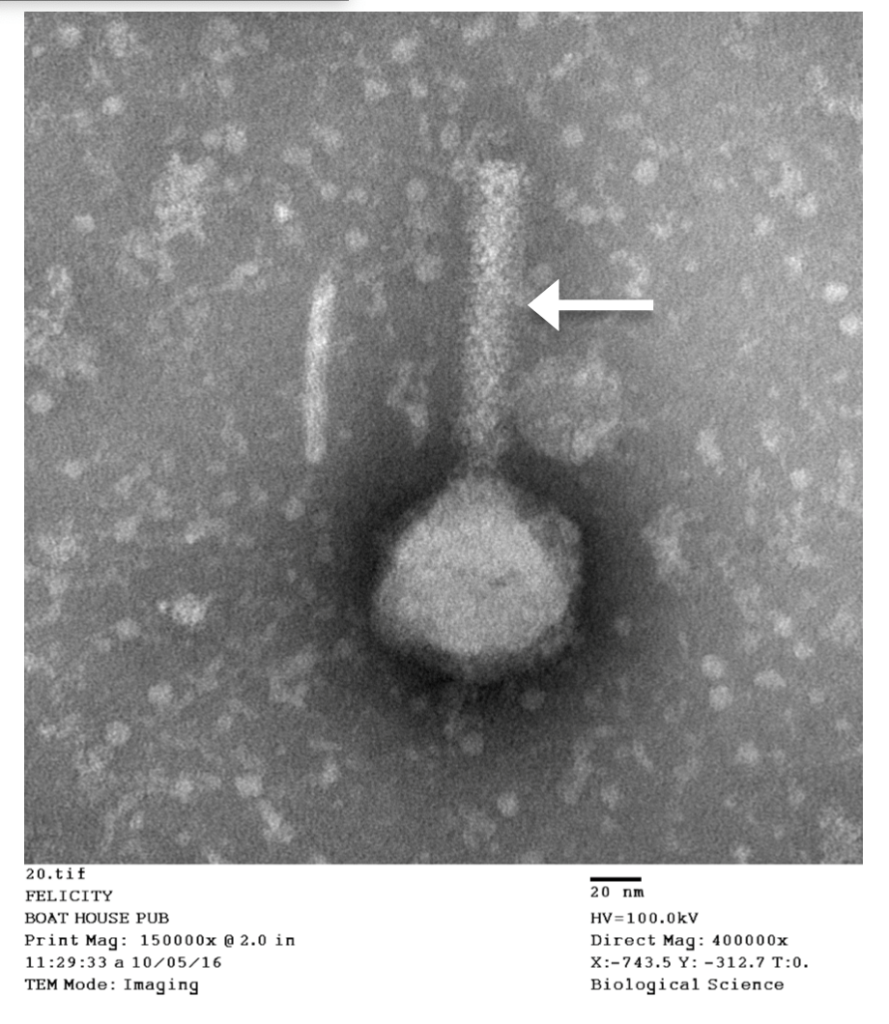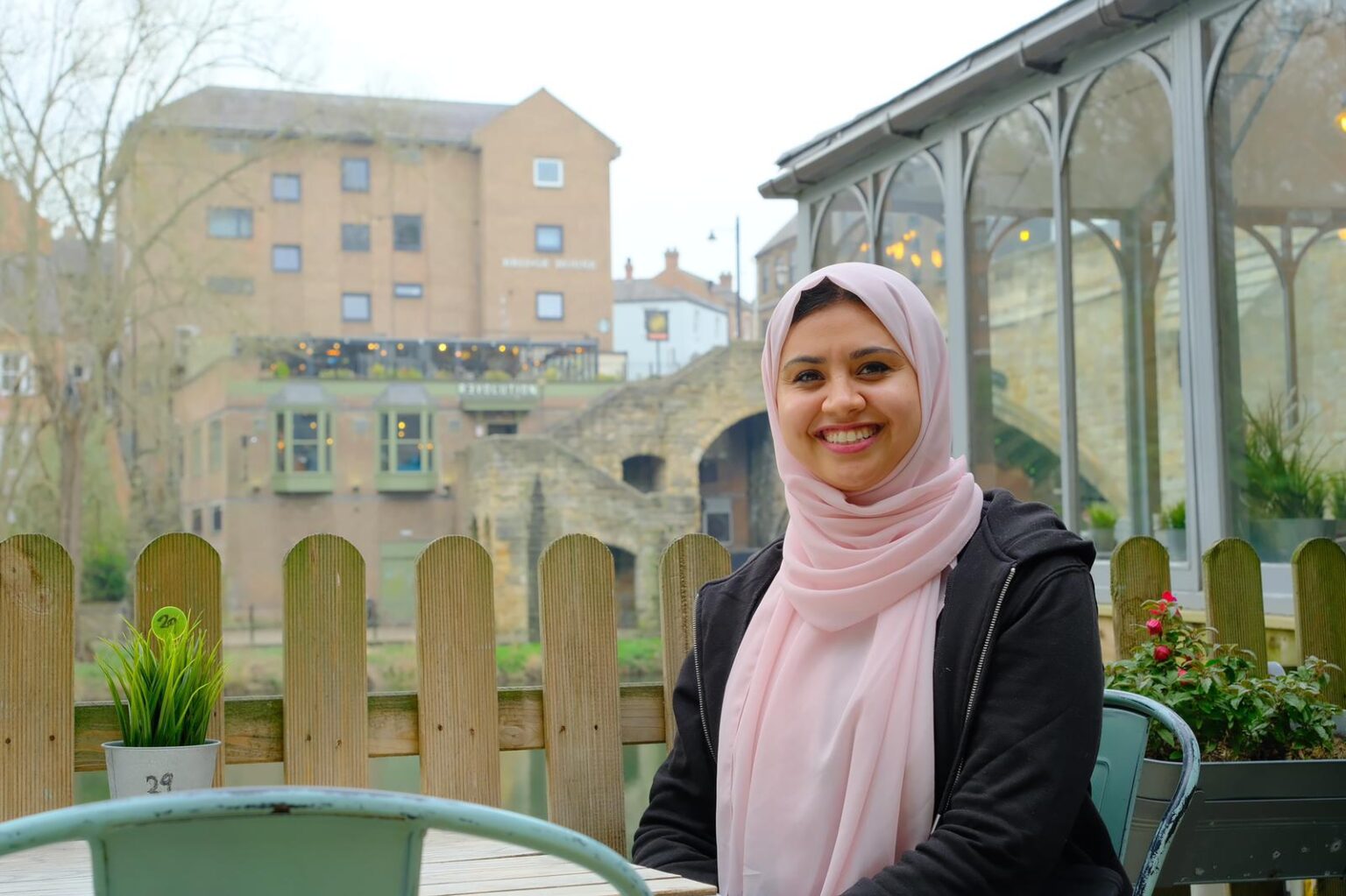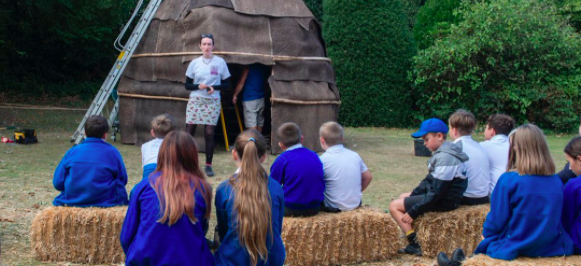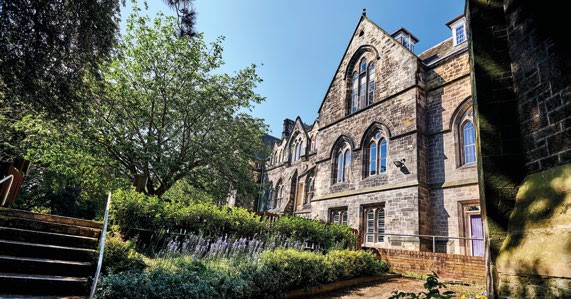A new study led by a team of bioscientists from Durham University hopes to exploit the newly characterised defence systems in bacteria, to compare changes to the human genome. Bacteria have evolved a multitude of defence systems to protect themselves from viruses called bacteriophages. Many of these systems have been developed into useful biotechnological tools, such as for gene editing.
Felicity Liu was one of ninety-seven undergraduates who supported Dr Blower with this research in the final year of her Bachelors degree in Biomedical Science at Durham. We sat down with Felicity to find out how she was involved in the research and what that experience was like.
Can you tell us a bit about the research project and how you were involved?
The research project used bacteriophages that were collected by myself and other students for one our final year modules as part of our undergraduate degree. Our work entailed sampling river water from the River Wear and to isolate, characterise and analyse bacteriophages present in river water samples.
What did you have to do?
I had to collect the water sample from the river, characterise and analyse bacteriophages present in the water through plaque morphology, transmission electron microscopy, genomic DNA extractions and SDS-PAGE.
Here is a TEM image of the bacteriophage I isolated. The white arrow shows the subunits that make up the tail.

What was the most interesting thing about the research project?
Isolating and characterising novel bacteriophages that we found and sampled in the river right there in Durham!
What else were you involved in at University?
I was in the Mixed Lacrosse team during my time at university.
How has participating in the research helped you in your subsequent career?
This research project catalysed my desire to complete my Masters at Durham and, further hone my analysis skills that have been transferrable to other areas outside of science-related projects and roles.
What are you doing now?
I am currently a Consultant at Accenture.
More information about the research project
The researchers on this study demonstrated that two defence systems worked in a complementary manner to protect the bacteria from viruses. One system protected the bacteria from bacteriophages that did not have any modifications to their DNA. Some bacteriophages modify their DNA to avoid this first defence system. A second system, called BrxU, protected the bacteria from those bacteriophages with modified DNA. The researchers built an extremely detailed 3-D picture of BrxU to better understand how it protects from bacteriophages with modified DNA. BrxU has biotechnological potential, because the same DNA modifications that BrxU recognises, appear throughout the human genome, and alter in cancer and neurodegenerative diseases.
The research was led by Dr Tim Blower, an Associate Professor and Lister Institute Prize Fellow, who designed the project to deliver research-led teaching to undergraduate students.
The study findings are published in the journal Nucleic Acids Research. The research was funded in the UK by the BBSRC NLD DTP, the Lister Institute of Preventive Medicine, Durham University’s Biophysical Sciences Institute, and the Wellcome Trust.






